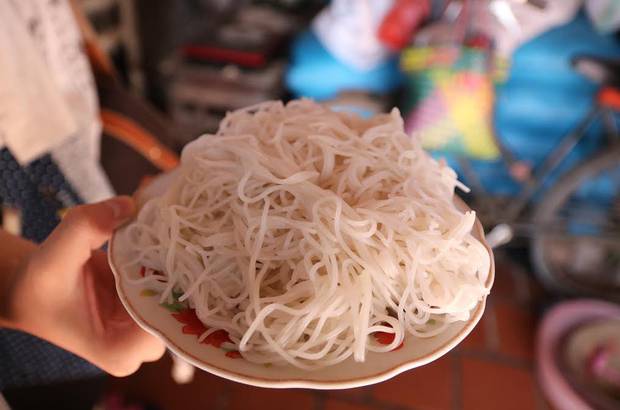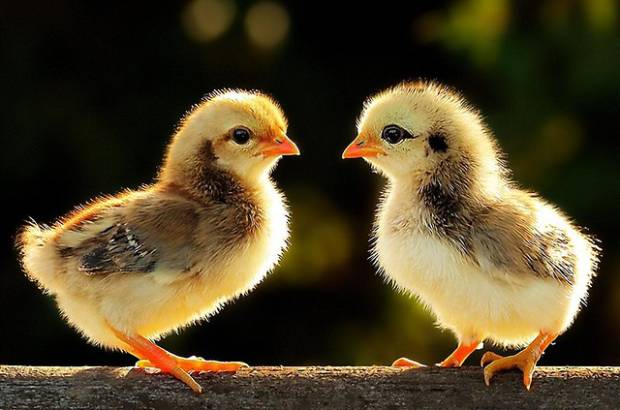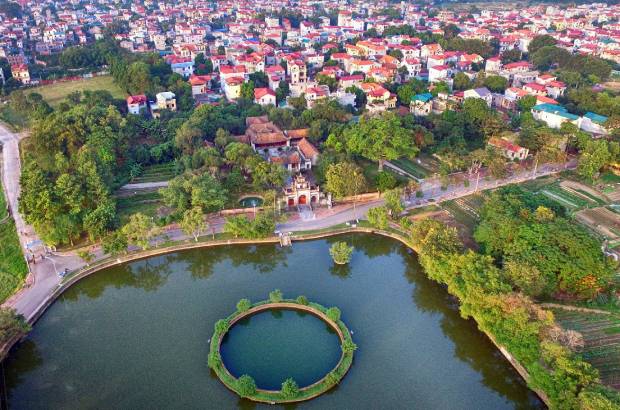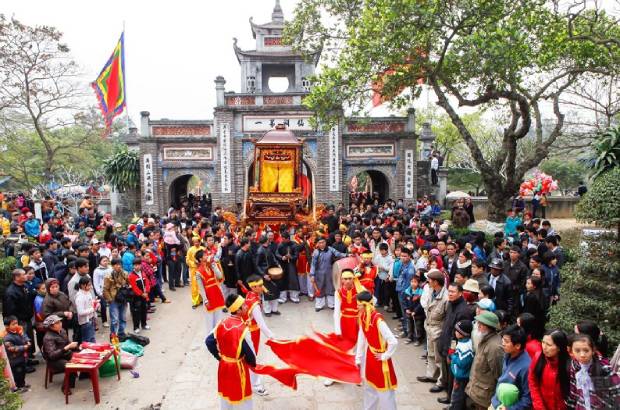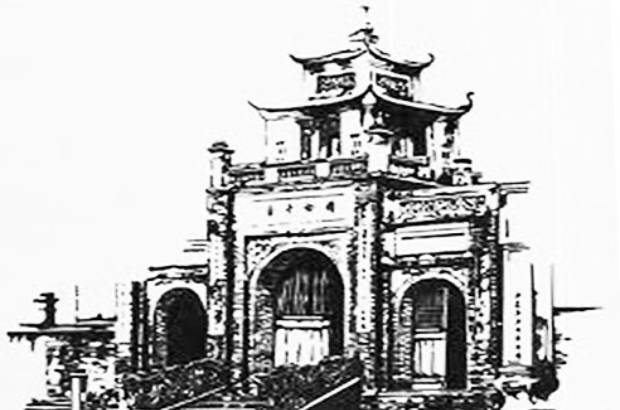
A person who has no son (even though he has established a younger brother or grandson as a worshiper) but is still afraid that he will not have someone to worship him in the future, so he buys “hậu” (worshiper) in his family or a village to take care of his worship forever. If he buys “hậu” in family, he has to pay money, gives the fields to them, and take the produce every year to make sacrifices.
“Hậu” are worshiped in clan ancestral house, in a position commensurate with their rank in family. Similarly, if you buy “hậu” in the village, it will be engraved with a stone stele, worshiped behind village temple. Buddhists and devotees can send “hậu” to the pagoda. The selected person will have the villagers good take care of the Tet and death anniversary. In Cổ Loa, this custom is very diverse.
People can entrust the worshiper at many different levels such as lane, hamlet or the highest level is village. The most common form is hamlet. According to the custom, the offering to be elected the worshiper in hamlet is 10 kg of rice and a pig's head. The people who elected the worshiper must send 3 “sào” (1080 m2) of field to take care of the annual death anniversary. The person who entrusts the worshiper in hamlet will be worshiped at “điếm” (hamlet guardrooms). In Dõng, Mít, and Nhồi hamlets, there are still imprints of this custom. Buying worshiper at village requires more offerings and is more difficult (usually, people who have meritorious services to the village, live virtuously, and are loved by the villagers). Entrusting the worshiper in village are worshiped by the villagers in the back room of the shrine/communal house. In addition, it is also possible to entrust the worshiper at the pagoda, such as Cổ Loa pagoda with 6 steles, Mạch Tràng pagoda with 12 steles... are proofs of this custom.
